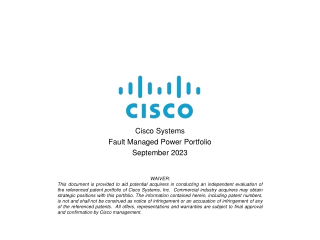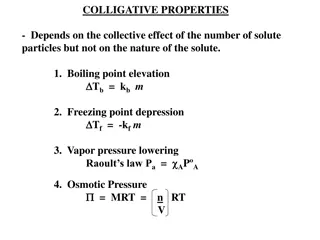
Understanding the Significance of History
Explore the importance of studying history, from Texas History to primary and secondary sources, and learn about the role of historians in unraveling the past. Dive into different historical eras and discover the impact of historical events on our lives. Start your journey as a historian today!
Uploaded on | 2 Views
Download Presentation

Please find below an Image/Link to download the presentation.
The content on the website is provided AS IS for your information and personal use only. It may not be sold, licensed, or shared on other websites without obtaining consent from the author. If you encounter any issues during the download, it is possible that the publisher has removed the file from their server.
You are allowed to download the files provided on this website for personal or commercial use, subject to the condition that they are used lawfully. All files are the property of their respective owners.
The content on the website is provided AS IS for your information and personal use only. It may not be sold, licensed, or shared on other websites without obtaining consent from the author.
E N D
Presentation Transcript
History History is the memory of mankind s past from around the world as that collective experience has been recorded both as oral stories and written artifacts. It has been said that if mankind does not study it s past, it is destined to repeat it s mistakes. And also that history is often depicted as a spinning wheel. Why should you study history? You should study history, not only Texas History but US, and world history, to understand the role that history plays in your everyday life and to help you develop into a lifelong learner.
Historian An historian is a person who studies and writes about the past and is regarded as an authority on it.[1]Historians are concerned with the continuous, methodical narrative and research of past events as relating to the human race; as well as the study of all history in time. The term "historian" can be used to describe amateur and professional historians alike"Historian" became a professional occupation in the late nineteenth century as research universities were emerging in Germany and elsewhere. You are going to become a Texas History historian. That is your job!
Primary Sources Primary sources are often first- person accounts by someone who actually saw or lived through an event. For example, if you see a fire or live through a great storm and then write your experiences, you are creating a primary source. Diaries, journals, photographs, official documents (such as the US Constitution), and eyewitness reports are examples of primary sources.. Now, in your journal, write either a letter or journal entry describing your experiences so far in 7thgrade.
Secondary sources Secondary sources are second hand accounts. For instance, if your friend experiences the fire or storm and tells you about it, or you read about it in the newspaper or on the internet,, and then, you write about it, you are creating a secondary source. Secondary sources are often accounts that are put together, or a combination of many different primary sources. Textbooks, biographies, and histories Now, in your journal, write a newspaper article describing this week s events . You could include any Advisory activities, your first athletic practice, etc.
The Roaring Twenties Era The Dark Ages An era is the period identified by some special feature by historians. For example, the Industrial Revolution. Absolute chronology is the exact date. The American Revolution Relative chronology is a period in time in relation to another event. August 26,2013 Draw a timeline of 4 events in your journal. 6thgrade was before 7th grade






















